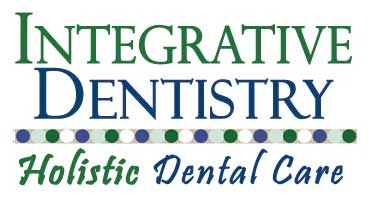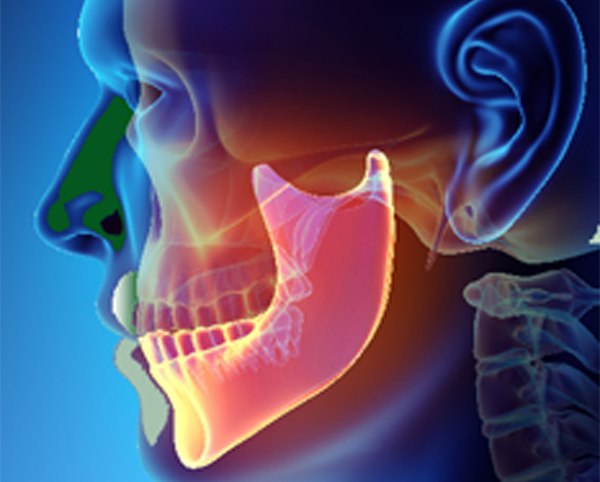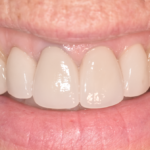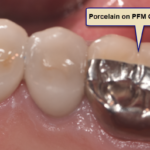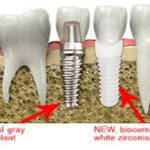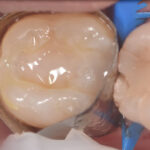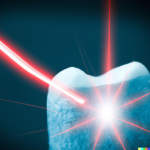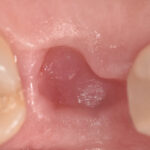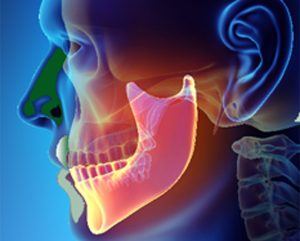 In our last blog we discussed the importance of pH and how stress, especially at this time of year, can impact a healthy mouth. Another area where stress can affect the mouth is with clenching and grinding, also known as bruxism that can cause pain in your jaws and around your ears. The manner in which your teeth come together and how well you chew is known as your ‘bite’. Occlusion is the study of the bite and ‘malocclusion’ means a malfunctioning bite.
In our last blog we discussed the importance of pH and how stress, especially at this time of year, can impact a healthy mouth. Another area where stress can affect the mouth is with clenching and grinding, also known as bruxism that can cause pain in your jaws and around your ears. The manner in which your teeth come together and how well you chew is known as your ‘bite’. Occlusion is the study of the bite and ‘malocclusion’ means a malfunctioning bite.
Grinding and clenching of your teeth during the day or at night can come about in times of increased tension, a fairly common factor during the holiday season. Problems with your bite can also result from missing teeth, crowding of spaces between your teeth, over or under developed jaws and improper eruptions of teeth. Bite issues, if left unaddressed, can lead to further problems including tooth wear and breakage, tooth loss and infection.
The temporomandibular joints (TMJ) is the only “2-sided” joint in the body, located approximately 2 digits above the ear. The joints are attached to a disc in the joint by cartilage. This double-sided ‘loose’ joint takes the brunt of all our biting and chewing. When the area becomes inflamed, it is known as temporomandubular dysfunction or TMD. This can lead to:
- Wearing of the cartilage or even the bone in the jaw joint
- Grinding and clenching of your teeth during the day or at night
- Clicking, popping and pain in the joint itself
- Pain in the head and neck area and imbalances in other parts of our body
Another factor which may cause an issue with the bite is recent dental work that is set too high. Even if you don’t feel it while at the dental office, a high spot may become noticeable later on. High spots are not only a nuisance but they can also produce pain and soreness in the tooth that was just worked on. This pain usually will not go away until it is adjusted and may hurt enough for you and your dentist to think you need a root canal.
So make sure your dentist is careful with adjusting your bite while you are in the office and get right back in if there is any pain or discomfort in the tooth lasting more than a couple of days. It may very well be the bite. You don’t want to end up needing a root canal when the solution is as simple as adjusting the filling or crown you recently had placed. Now that Christmas is behind us, some holiday stress may be easing up. But if you are still headache-y and tense, consider whether some of the symptoms above might apply to you.

Carey O’Rielly DDS has been a practicing dentist for 35 years. He went to USC Dental School and Duke University for his undergraduate degree. He grew up in Laguna Beach and now lives in La Costa with his wife Victoria, who runs his office.
He began his career by owning and operating a network of six offices in the San Francisco Bay Area. Presently he owns a private holistic practice in North County San Diego’s Encinitas.
Dr. O started looking for solutions to his health challenges that resulted from the stress and environmental toxicity that built up over a ten year period running his dental network. He has dedicated himself to learning about oral systemic problems and how dentistry can affect your health. He has applied what he has learned over the last twenty years to ensure he, his staff and his patients are protected from the chemicals and toxic materials found in most dental offices. He has produced an environmentally friendly office that is also peaceful and calm.
He is an expert on dental materials having looked at hundreds of biocompatibility lab tests over the years. He has identified the most bio-friendly materials to use in his practice and which dental materials can be used to replace metal fillings and crowns, including BPA free and fluoride free ‘white’ fillings. He also uses metal-free Zirconia or ceramic implants and PRF (platelet-rich fibrin) grafting materials which come from the patient’s own blood.
Dr. O’Rielly teaches C.E. courses on the systemic effects of gum disease. He is an expert in using phase contrast microscopy for analyzing dental infections, where he shows patients what kind of microbes, i.e. bacteria, amoeba, and yeasts like candida are populating the mouth and affecting the body as a whole.
He has an educational blog and is writing a book on dental health called ‘Hidden Dental Infections: Healing Root Canals and Infected Teeth with the Erbium Laser’ where he discusses dental nutrition, toxic dental materials and the effects of old root canals on inflammation and overall health.
